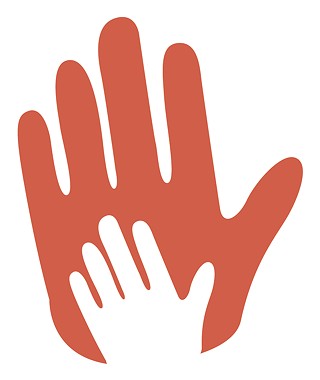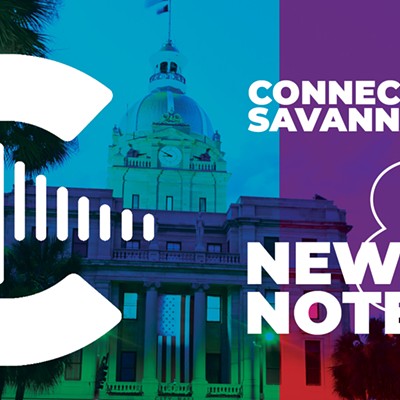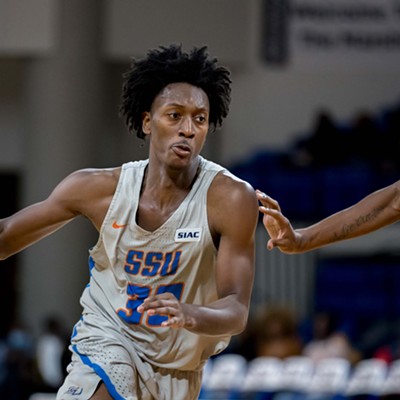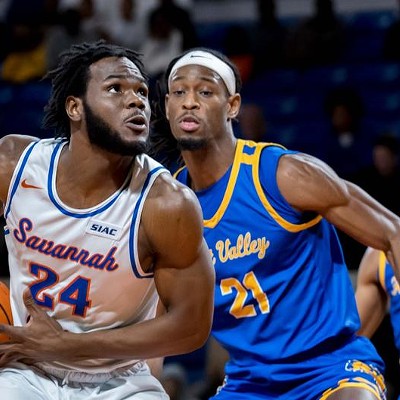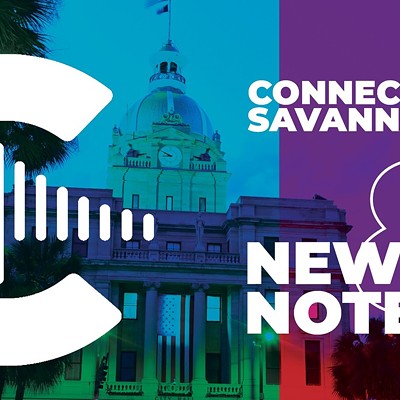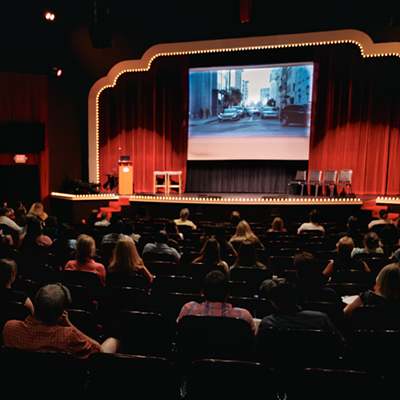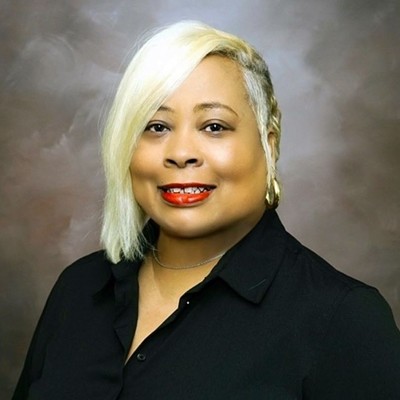SLOWLY but surely, awareness is rising of the terrible human cost of a horrifyingly common crime, human trafficking.
A remarkable free conference returns to town again, as the fifth annual Savannah Traffick Jam continues its mission of fighting this blight.
Cindy Hightower is Communications Chair of the Savannah Interagency Diversity Council, and speaks passionately on the issue.
“People are brought over literally in shipping containers for sexual purposes or for labor purposes. Sexual exploitation and servitude are the hallmarks,” she says.
Over half of the exploitation is familial – “largely, parents exploiting their own children,” says Hightower.
“The peak ages are 13-14. Most are young girls, but it happens to boys as well. The net worth of a child to these networks can be in the hundreds of thousands of dollars,” she says.
Essentially, the children are pimped out to clients, mainly by the parents, for sexual services. They are often extensively groomed by network organizers.
“Much of it happens right in front of us. The victims are so ashamed and confused that they have difficulty speaking up for themselves,” Hightower says.
Georgia is fifth or sixth in the country for human trafficking, depending on the source. And Savannah is near the heart of the statewide network.
“A lot of it is that Savannah is a port city. The other part of it is that we’re right on I-95. That gives traffickers access to the whole Southeastern trafficking network, which focuses on Atlanta and Nashville. Anytime there’s a big event in the larger cities, the whole network will be feeding the trafficking there,” Hightower explains.
The typical response from the public, however, often amounts to, “What am I supposed to do about it?”
Hightower responds that, "'See something, say something,’ isn’t enough anymore. We’re urging people to call 911 if they see anything, or the National Human Trafficking Hotline.”
Many members of the public are reluctant to call authorities because they don’t want to be nosy, or be seen as interfering with another family — that it’s none of their business.
“It’s your business because it’s your community,” counters Hightower. “We want people to know it’s OK to be wrong, but to make the call. No one can retaliate against a phone call.”
Hightower recounts a chilling true story that happened in a local store in Savannah, a large and well-known beauty supply store on the Southside.
“An older man was in there with a little girl, buying her a lot of makeup and things to color her hair with. A nurse who was shopping there witnessed it and got police in there,” she says.
She says one tell-tale sign is for a young victim to be constantly accompanied by a much older person – often they aren’t even allowed to go to the restroom by themselves.
Still, she says, “Prosecuting these crimes is difficult. Because they usually involve some interstate commerce angle, to get a good case you need several DA’s cooperating with each other. “
There is a bit of good news in Georgia, however. Shared Hope International, an organization that fights trafficking gave Georgia an “A” grade for its anti-human trafficking efforts in 2019. That was up from a “B” in 2018 and a “C” when the group issued its first reports in 2011.
Extensive new legislation is expected to pass the Georgia legislature at the conclusion of its annual session this winter, including expanded services for victims as well as resources for arresting and prosecuting offenders and breaking up networks.
Georgia First Lady Marty Kemp has taken on trafficking as her signature issue.
“Georgia CARES, a state-wide human trafficking and exploitation service agency, testified that human trafficking cases have been reported in 145 of our 159 counties,” Mrs. Kemp said.
“It is clear, human trafficking is not just a problem in urban centers across Georgia, but a serious issue in every corner of our state. This problem spans geography, race, gender and socio-economic status,” she said.
“In fact, over 50 percent of human trafficking victims are recruited by their friends and family, and the average age of a human trafficking victim is 14.8 years. No child deserves to have their childhood robbed by this horrible industry.”
The all-day seminar this Saturday on the SSU campus is free; the Traffick Jam recommends registering and bringing students as young as 14 years of age and older.
There are four separate tracks to choose from.
Healthcare: Healthcare Professionals must pre-register for “Understanding Human Trafficking for Medical Providers.” This earns free continuing education credits of 2.5 contact hours through the International Association of Forensic Nurses.
Law Enforcement: Law Enforcement Officers must pre-register by contacting Jose Gonzales at (912) 596-0089 or [email protected] to receive free continuing education Georgia Peace Officers Standards and Training (POST) credit hours.
Legal: free admission and lunch; limited seating.
Community: free admission and lunch; limited seating.
Advance registration is required for all tracks; register at thesidc.org/traffick-jam-2020.
“We have a full-day curriculum. It’s serious and very comprehensive,” Hightower says. “A lot of it is eligible for free continuing education credits — you can effectively walk away with a degree.”

